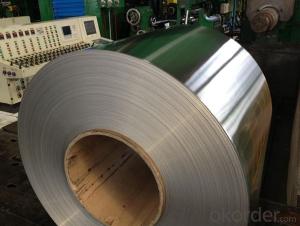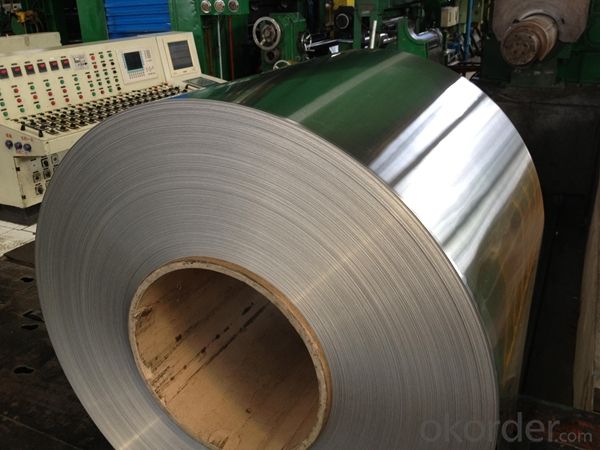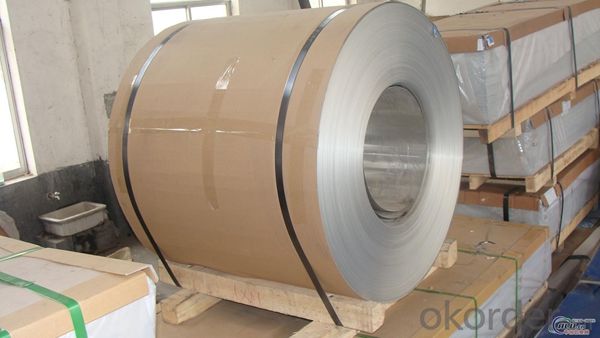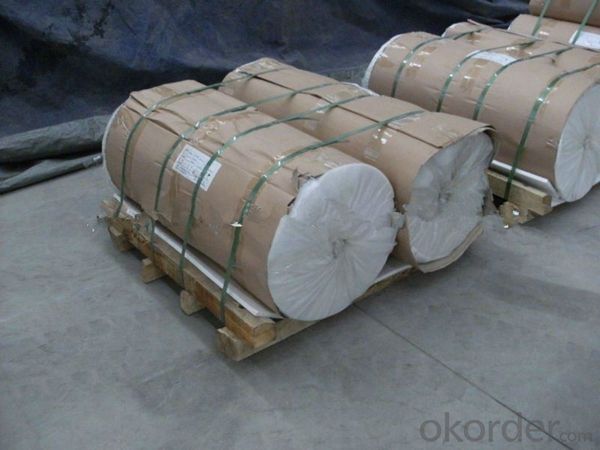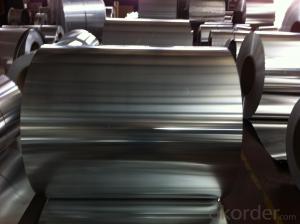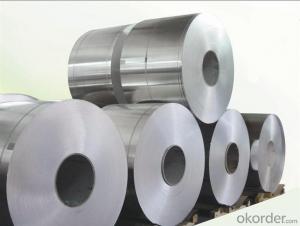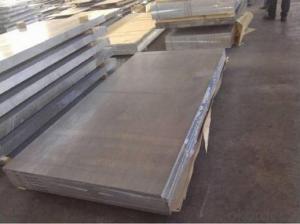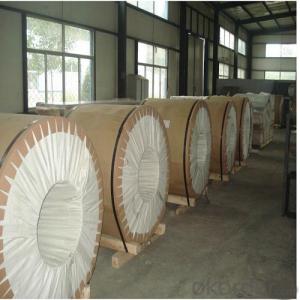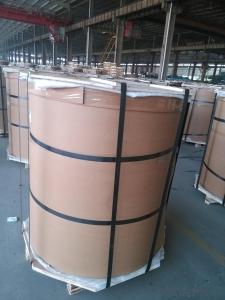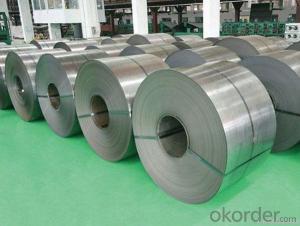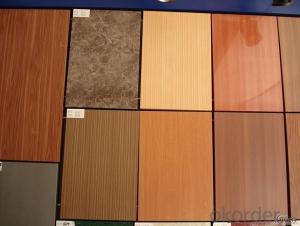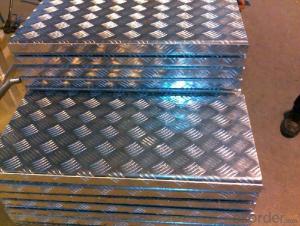1 4 in Sheets of Aluminum - Mill Finished Aluminium Coils for Metal Roofing Fabrication
- Loading Port:
- Shanghai
- Payment Terms:
- TT OR LC
- Min Order Qty:
- 5 m.t.
- Supply Capability:
- 10000 m.t./month
OKorder Service Pledge
OKorder Financial Service
You Might Also Like
Specification
1. Specification of Mill Finished Aluminium Coils for Metal Roofing Fabrication
ALLOY | AA1050 AA1060 AA1070 AA1100 ETC AA3003 AA3004 AA3005 AA3104 AA3105 ETC AA5005 AA5052 AA5083 AA5754 ETC |
TEMPER | H14,H18,H24,H26,H32 |
THICKNESS | 0.2MM-20MM |
WIDTH | 10mm-1500mm |
COIL WGT | 2Mt - 3Mt |
Coil ID | 20" |
SURFACE | Mill finished etc |
STANDARD | GB/T 3880-2006 |
2. Application of Mill Finished Aluminium Coils for Metal Roofing Fabrication
(1).Interior: wall cladding, ceilings, bathrooms, kitchens and balconies, shutters, doors...
(2).Exterior: wall cladding, facades, roofing, canopies, tunnels,column covers , renovations...
(3).Advertisement: display platforms, signboards, fascia, shop fronts...
3. Feature of Mill Finished Aluminium Coils for Metal Roofing Fabrication
Surfact Quality :
Be free from Oil Stain, Dent, Inclusion, Scratches, Stain, Oxide Dicoloration, Breaks, Corrosion, Roll Marks, Dirt Streaks and other defect which will interfere with use,
Mechenical Property:
Chemical Composite and Mechanical Property
4. Certificate:
SGS and ROHS(if client request, paid by client), MTC(plant provided), Certificate of Origin(FORM A, FORM E, CO), Bureau Veritas and SGS (if client request, paid by client), CIQS certificate
5. Image of Mill Finished Aluminium Coils for Metal Roofing Fabrication
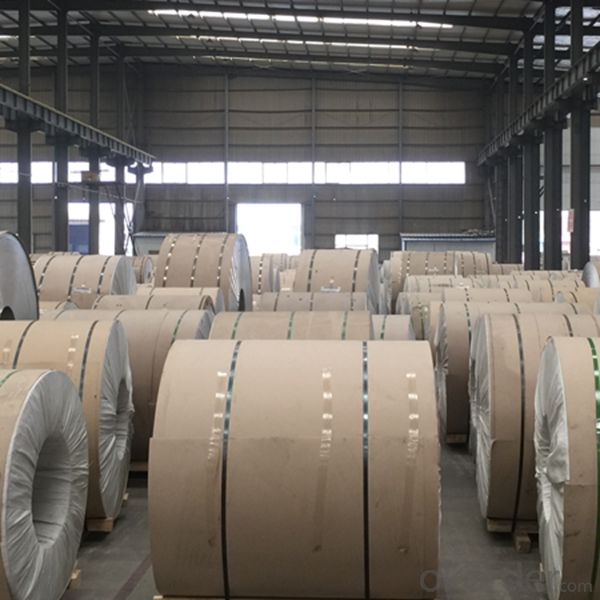
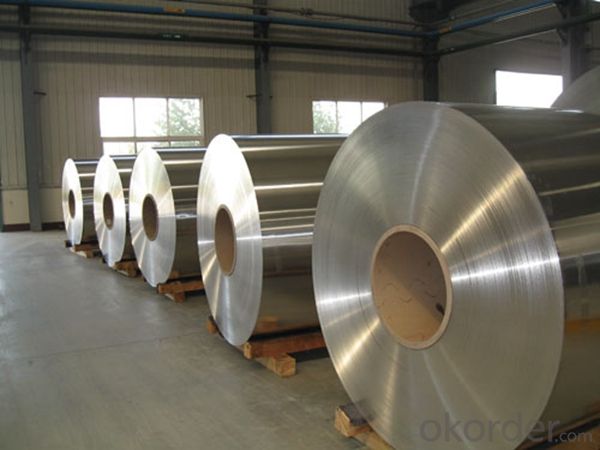
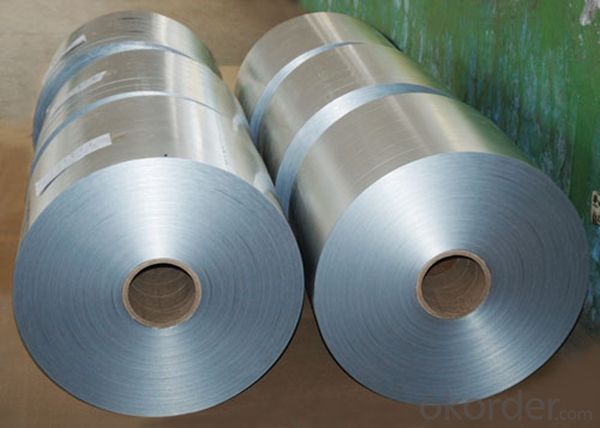
6. Package and shipping of Mill Finished Aluminium Coils for Metal Roofing Fabrication
First, plastic cloth with drying agent inside; Second, Pearl Wool ; Third, wooden cases with dry agent , fumigation wooden pallets, aluminum surface could cover blue PVC film
7. FAQ
1) What is the delivery time?
Dpends on actual order, around 20 to 35 days
2)What is the QC system:
We have QC staff of 20 persons and advanced equipment, each production is with MTC traced from Aluminum ingot lot.
3) What market do you mainly sell to?
Australia, America, Asia, Middle East, Western Europe, Africa etc
- Q: Explain the impact of aluminum sheets on the thermal insulation of a building.
- <p>Aluminum sheets, due to their high thermal conductivity, can significantly reduce the thermal insulation of a building. They allow heat to transfer easily through them, which can lead to increased heat loss in winter and heat gain in summer. This can result in higher energy consumption for heating and cooling, making the building less energy-efficient. However, when used in combination with proper insulation materials and techniques, aluminum sheets can still be part of an effective building envelope, provided their thermal bridging effects are mitigated.</p>
- Q: This question asks if aluminum sheets are appropriate for use in regions with cold temperatures.
- <p>Aluminum sheets are generally suitable for use in cold climates. They have excellent resistance to corrosion and maintain their structural integrity in low temperatures. However, aluminum is a good conductor of heat, so it can be prone to heat loss if not properly insulated. For outdoor applications in cold climates, it's important to ensure that aluminum structures are well-insulated to prevent heat transfer. Additionally, aluminum's malleability can make it susceptible to denting or damage from ice and snow, so protective measures may be necessary.</p>
- Q: Can aluminum sheets be hydroformed?
- Yes, aluminum sheets can be hydroformed.
- Q: Are aluminum sheets suitable for food processing applications?
- Yes, aluminum sheets are suitable for food processing applications. Aluminum is a popular choice for food processing due to its excellent properties such as corrosion resistance, thermal conductivity, and low reactivity with food substances. These sheets are commonly used in various food processing equipment including storage containers, cooking utensils, and packaging materials. Aluminum sheets are easy to clean, lightweight, and have good heat distribution properties, making them ideal for applications that require precise temperature control during food processing. Additionally, aluminum is a non-toxic material, ensuring food safety and preventing any potential contamination. Overall, aluminum sheets are a reliable and widely used material in the food processing industry.
- Q: Can aluminum sheet be used in marine environments?
- Yes, aluminum sheet can be used in marine environments. Aluminum is a popular material choice for marine applications due to its excellent corrosion resistance. It forms a protective oxide layer on its surface, which helps to prevent further corrosion even in saltwater environments. Additionally, aluminum is lightweight, which makes it an ideal choice for marine applications where weight reduction is crucial. Aluminum sheet is commonly used in boat hulls, decks, and other marine structures due to its durability, strength, and resistance to corrosion.
- Q: What are aluminum sheets?
- Aluminum sheets are thin flat pieces of aluminum that are commonly used in various industries for applications such as construction, automotive manufacturing, packaging, and aerospace. They are versatile, lightweight, and durable, making them ideal for a wide range of purposes.
- Q: This question asks for a comparison between aluminum sheets that have undergone anodizing treatment and those that have not, highlighting their distinct characteristics.
- <p>Anodized aluminum sheets are aluminum that has been treated with an electrochemical process to increase its thickness and durability, forming a protective oxide layer on the surface. This process enhances corrosion resistance, wear resistance, and allows for a wide range of colors. Non-anodized aluminum sheets, on the other hand, have not undergone this treatment and are more prone to corrosion and less durable. They also have a more limited color range and are generally softer and less resistant to wear.</p>
- Q: Is it possible to use adhesive instead of fasteners to bond aluminum sheets to a structure?
- <p>Yes, you can use an adhesive to attach aluminum sheets to a structure. However, it's important to choose an adhesive that is specifically designed for bonding aluminum, as not all adhesives provide the necessary strength and durability. Structural adhesives that are compatible with aluminum can offer a strong bond and are often used in applications where a clean, seamless appearance is desired or where fasteners are not suitable. It's crucial to ensure that the adhesive is resistant to the environmental conditions the structure will be exposed to, such as moisture, temperature fluctuations, and UV radiation. Always follow the manufacturer's instructions for surface preparation and application to achieve the best results.</p>
- Q: This question asks for methods to prevent rusting on aluminum sheets while they are being stored or transported.
- <p>To prevent rusting on aluminum sheets during storage and transportation, follow these steps: Store the sheets in a dry, cool environment away from moisture and humidity. Use protective coverings such as plastic wraps or sheets to shield them from dust and water. Avoid stacking them directly on the ground; use pallets or racks to keep them elevated. Regularly inspect the sheets for any signs of moisture or damage. If possible, apply a protective coating or sealant specifically designed for aluminum to create a barrier against corrosion. Proper handling and packaging can also reduce the risk of scratches or dents that could lead to rust.</p>
- Q: iron-based alloys over aluminum in structural members of bridges and buildings?
- Strength-to-weight ratio.
Send your message to us
1 4 in Sheets of Aluminum - Mill Finished Aluminium Coils for Metal Roofing Fabrication
- Loading Port:
- Shanghai
- Payment Terms:
- TT OR LC
- Min Order Qty:
- 5 m.t.
- Supply Capability:
- 10000 m.t./month
OKorder Service Pledge
OKorder Financial Service
Similar products
Hot products
Hot Searches
Related keywords
